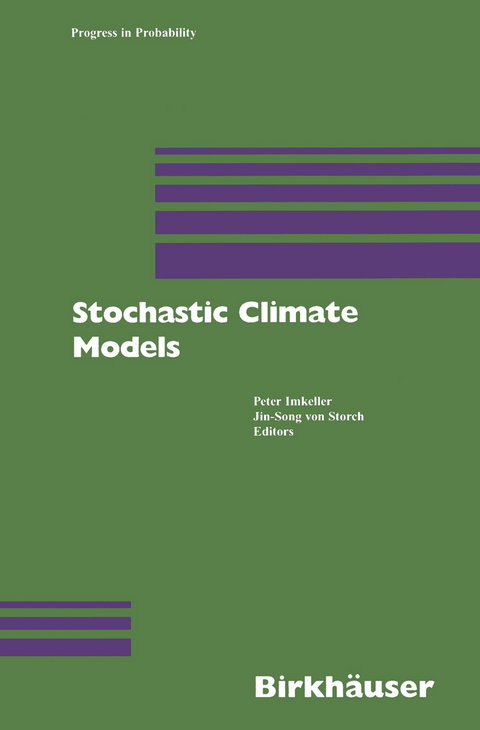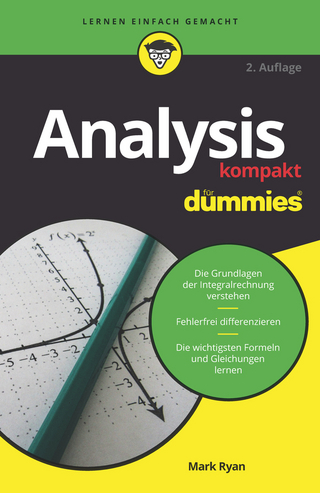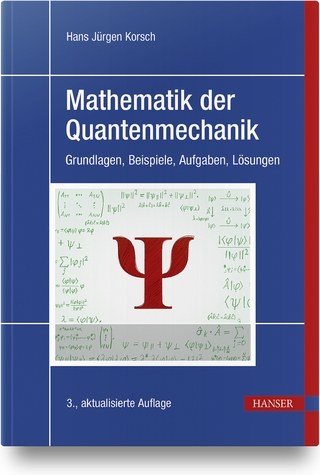
Stochastic Climate Models
Springer Basel (Verlag)
978-3-0348-9504-0 (ISBN)
1 The Hierarchy of Climate Models.- A gallery of simple models from climate physics.- Simple climate models.- Complex climate models' tools for studying the origin of stochasticity in the climate system.- Some mathematical aspects of the GCMs.- 2 The Emergence of Randomness: Chaos, Averaging, Limit Theorems.- Hasselmann's program revisited: the analysis of stochasticity in deterministic climate models.- Thermodynamic formalism, large deviation, and multifractals.- Averaging and climate models.- Dynamical systems with time scale separation: averaging, stochastic modelling, and central limit theorems.- 3 Tools and Methods: SDE, Dynamical Systems, SPDE, Multiscale Techniques.- Energy balance models - viewed from stochastic dynamics.- Exponential stability of the quasigeostrophic equation under random perturbations.- A mini course on stochastic partial differential equations.- Hasselmann's stochastic climate model viewed from a statistical mechanics perspective.- 4 Reduced Stochastic Models and Particular Techniques.- Constrained stochastic forcing.- Stochastic resonance and noise-induced phase coherence.- Stochastic confinement of Rossby waves by fluctuating eastward flows.- Some mathematical remarks concerning the localization of planetary waves in a stochastic background flow.- Rossby waves in a stochastically fluctuating medium.- Passive tracer transport in stochastic flows.
"The proceedings of the workshop on Stochastic Climate Models, held in Chorin in 1999, present an exiting and stimulating summary of probabilistic developments in climate physics. Stochastic processes, stochastic and partial differential equations, random dynamical systems, local and large deviations asymptotic procedures, have comprised the most actice mathematical areas in teh field over the past 30 years, since Klaus Haselmann suggested a climate stochastic model where weather fluctuations randomly force the climate in the same way that fluid modecules forse Brownian pollen particles. . . The structure of the book reflects its aim to review and explain recent matheamtical additions to the list of tools for climate modelling, to help the climate physicists to understand what these tools are about. . . The book is strongly recommended as an excellent source or information and inspiration, both to mathematicians and physicists interested in the field."
---EMS NEWSLETTER
| Erscheint lt. Verlag | 23.10.2012 |
|---|---|
| Reihe/Serie | Progress in Probability |
| Zusatzinfo | XXVII, 398 p. |
| Verlagsort | Basel |
| Sprache | englisch |
| Maße | 155 x 235 mm |
| Gewicht | 649 g |
| Themenwelt | Mathematik / Informatik ► Mathematik ► Analysis |
| Schlagworte | climate modelling • Differentialgleichungen • Digital Elevation Model • Globale Analysis • random dynamical system • scale • Statistik • Stochastic process • Wahrscheinlichkeit |
| ISBN-10 | 3-0348-9504-6 / 3034895046 |
| ISBN-13 | 978-3-0348-9504-0 / 9783034895040 |
| Zustand | Neuware |
| Haben Sie eine Frage zum Produkt? |
aus dem Bereich


